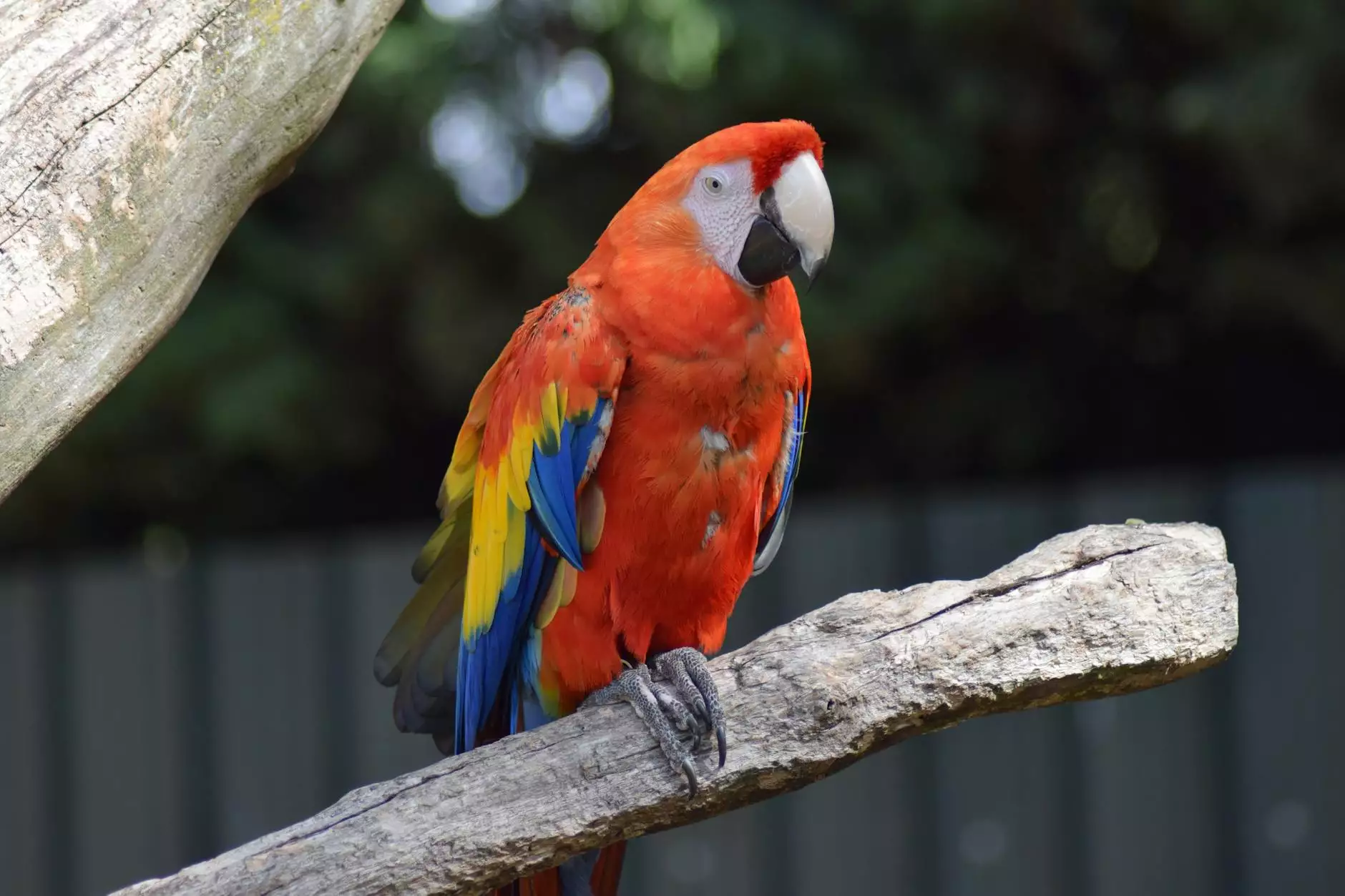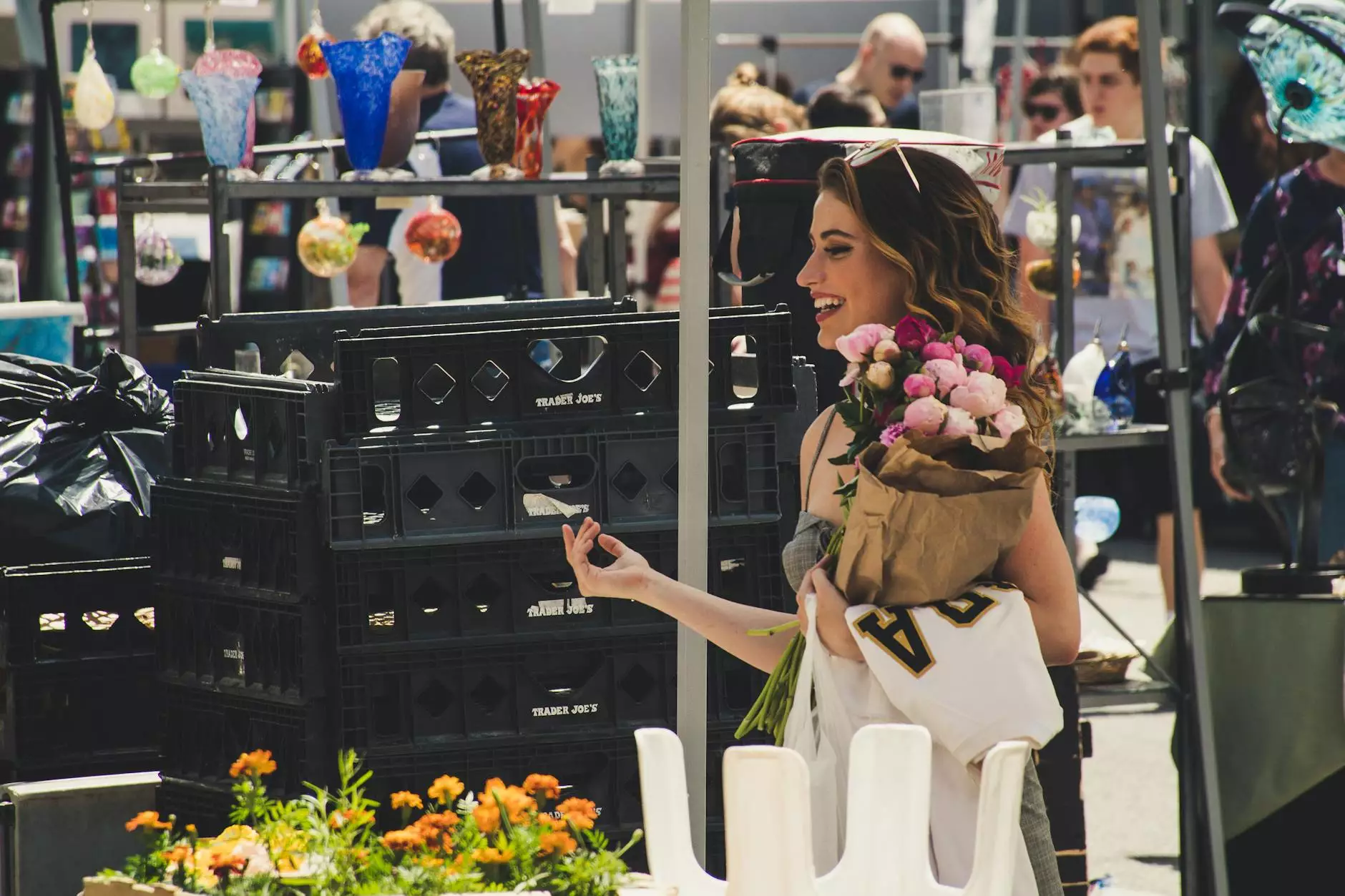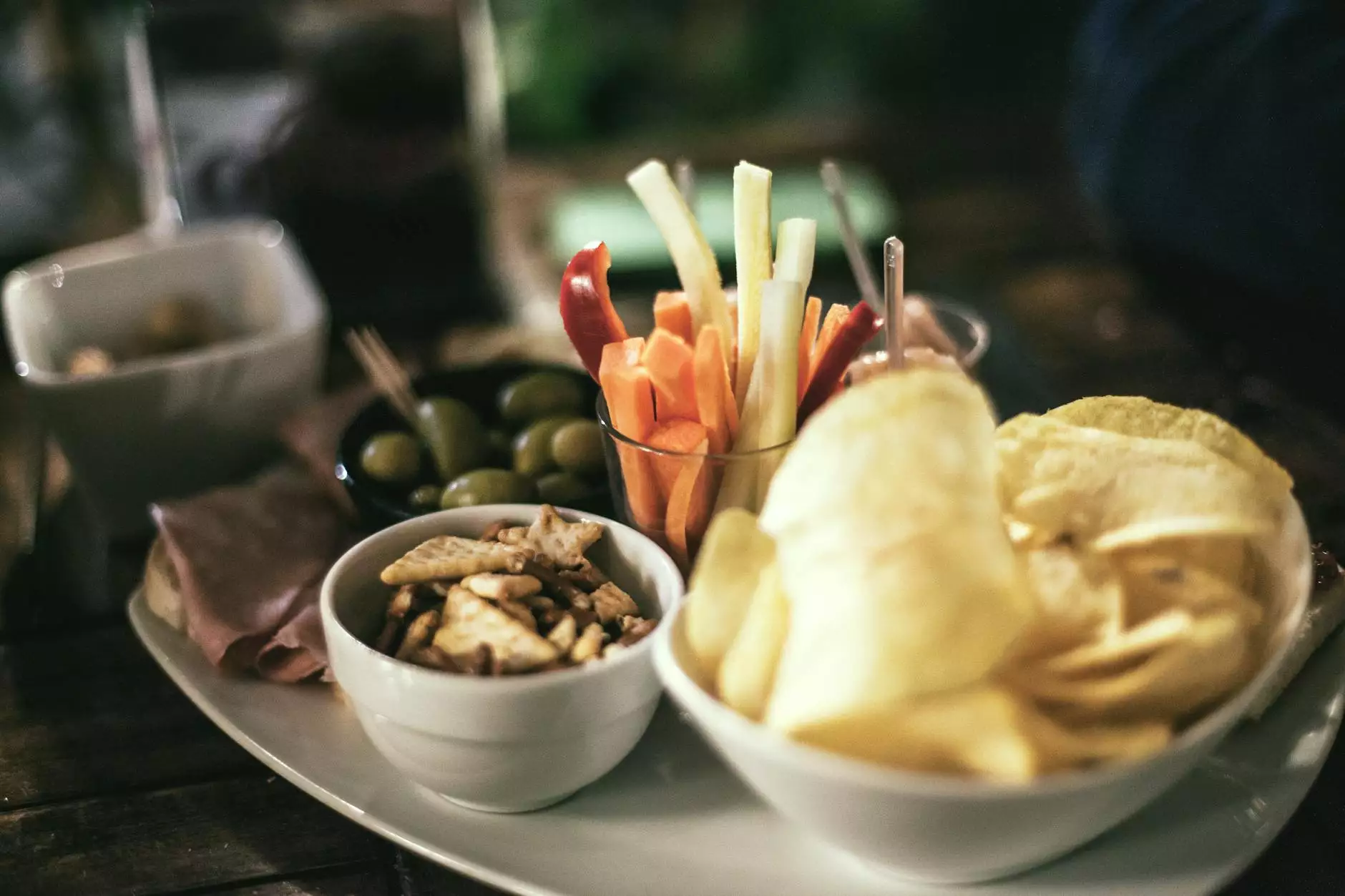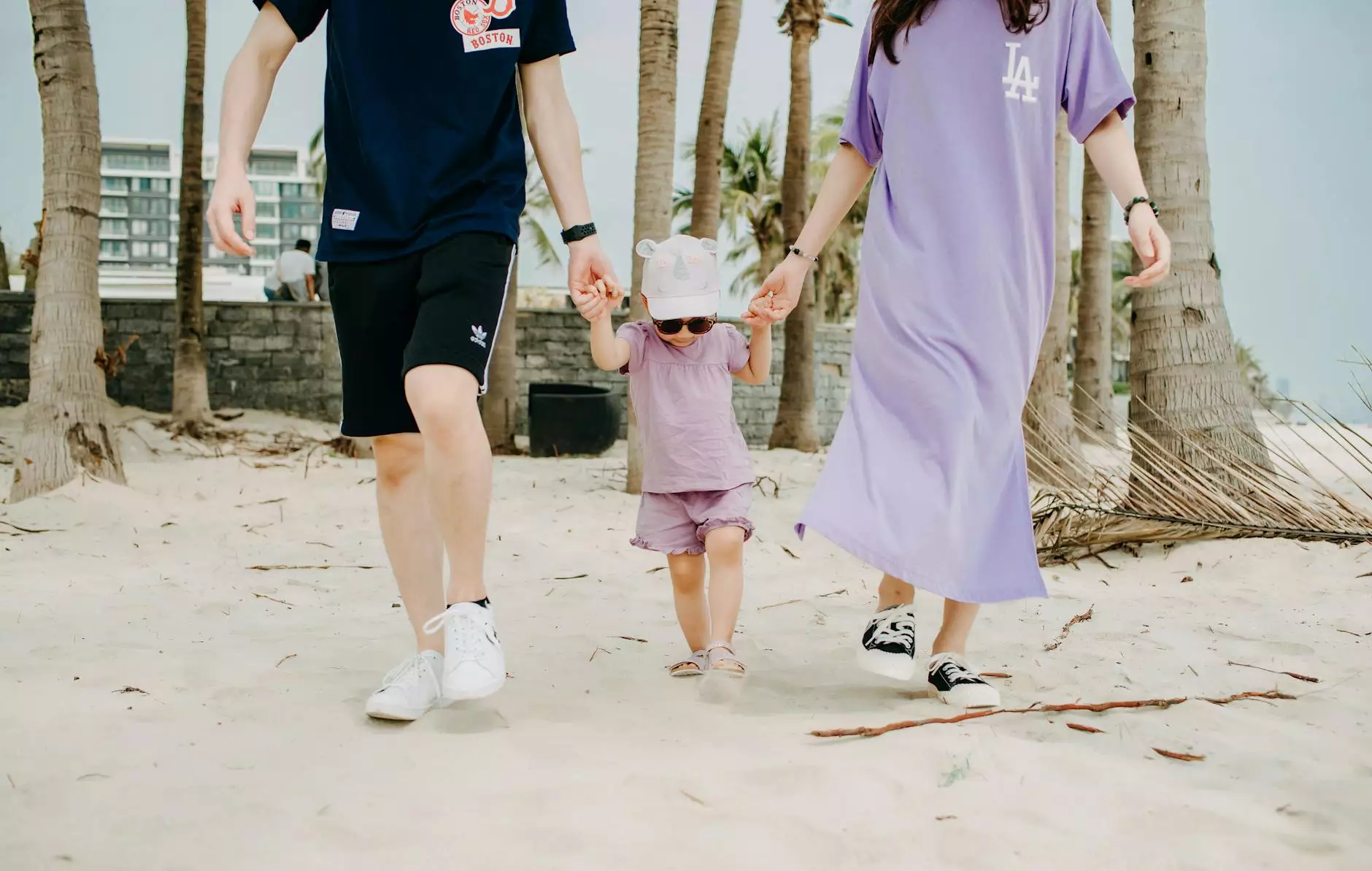Aviary Netting for Macaws: A Comprehensive Guide

When it comes to keeping our beloved macaws safe and happy, one essential element that should never be overlooked is aviary netting. This protective covering plays a crucial role in ensuring that these magnificent birds can enjoy their surroundings safely. In this article, we will delve into what aviary netting for macaws is, its importance, the types available, and how to choose the right netting for your requirements. Additionally, we'll touch on how our business, Heb Metal Mesh, specializes in high-quality animal shelters, metal fabricators, and pet boarding solutions that will enhance the life of your macaw.
Understanding Aviary Netting
Aviary netting refers to the protective barriers made of durable materials designed to confine birds, providing them with a secure environment while allowing airflow and natural sunlight. This type of netting is especially crucial for larger birds like macaws, who require ample space to fly and exercise. Safety is paramount, and proper netting can eliminate hazards that could lead to injury, escape, or predation.
Why is Aviary Netting Crucial for Macaws?
Macaws are not just beautiful; they are also intelligent and energetic creatures. Here are several reasons why investing in quality aviary netting for macaws is essential:
- Protection from Predators: Macaws are vulnerable to various predators such as cats, raccoons, and birds of prey. A sturdy net can offer an essential barrier against these threats.
- Prevention of Escape: Macaws are known for their incredible flying abilities. High-quality netting ensures that they cannot fly away from their designated habitat, which could lead to dangerous situations.
- Enhanced Socialization: A well-enclosed space allows your macaws to interact with other birds securely. This can lead to enriched social behaviors and reduced stress levels.
Types of Aviary Netting Materials
When considering aviary netting for macaws, various materials can be selected based on durability, flexibility, and ease of installation. Here are some popular options:
1. Nylon Netting
Nylon netting is known for its strength and flexibility. It is ideal for larger aviaries and can withstand harsher weather conditions. However, it is essential to choose UV-treated nylon to prevent degradation from sun exposure.
2. Polyethylene Netting
Lightweight and resistant to moisture, polyethylene netting is a common choice for aviaries. It is less expensive than nylon but can be less durable over time. Look for high-density options for better longevity.
3. Wire Mesh
For maximum security, wire mesh can be an excellent solution. It offers excellent visibility and airflow while ensuring no predator can breach the enclosure. However, wire can be heavier and may require more robust frame supports.
Key Features to Look for in Aviary Netting
When selecting aviary netting for macaws, consider these important features:
- Size and Mesh Opening: The size of the netting must be suitable for the size of your macaws. Opt for smaller openings to prevent them from getting stuck or escaping.
- UV Resistance: Choose materials that can withstand prolonged sun exposure without degrading.
- Weather Resistance: The netting should be able to withstand various weather elements, including rain, wind, and snow.
- Easy Installation: Look for netting options that are straightforward to install, to save you time and effort.
How to Install Aviary Netting
Once you have chosen the right netting material for your macaw's aviary, the next step is installation. Here’s a comprehensive guide:
Tools and Materials Needed
- Aviary netting of your choice
- Support frame (wood or metal)
- Mesh ties or clips
- Tools such as a staple gun or screws for securing the netting
- Measuring tape
Installation Steps
- Measure the Area: Carefully measure the area where you will be installing the netting to ensure it fits perfectly.
- Prepare the Support Frame: Build a sturdy frame that will support the netting securely. Ensure it is tall enough to allow your macaw to fly.
- Attach the Netting: Roll out your netting and attach it to the frame using ties or clips. Make sure to stretch it tightly to prevent sagging.
- Secure the Edges: Ensure all edges are securely fastened to prevent any gaps where the macaws could escape.
- Check for Safety: Once installed, inspect the entire area for any loose parts, sharp edges, or potential hazards.
Maintaining Your Aviary Netting
Proper maintenance of your aviary netting is vital for ensuring the safety and comfort of your macaws. Here are some tips for maintaining your netting effectively:
- Regular Inspections: Frequently check your netting for signs of wear and tear, especially after severe weather conditions.
- Cleaning: Occasionally clean your netting to prevent the buildup of debris, mold, or algae.
- Replace Damaged Areas: Promptly repair or replace areas of netting that show signs of damage to maintain security.
Conclusion: Investing in Your Macaw's Safety
Investing in quality aviary netting for macaws is a crucial step in creating a safe and comfortable environment for these magnificent birds. Remember that their emotional and physical wellbeing relies heavily on the environment you provide. At Heb Metal Mesh, we provide top-tier netting solutions tailored to meet the needs of not just macaws but other avian species as well. Prioritize safety, and your macaws will be happier, healthier, and less prone to accidents.
Contact Us
If you're looking for expert advice or premium aviary netting solutions for your macaws, contact us at Heb Metal Mesh. Our team is dedicated to providing the best products to ensure your pets live in a safe and loving environment.
aviary netting macaw








